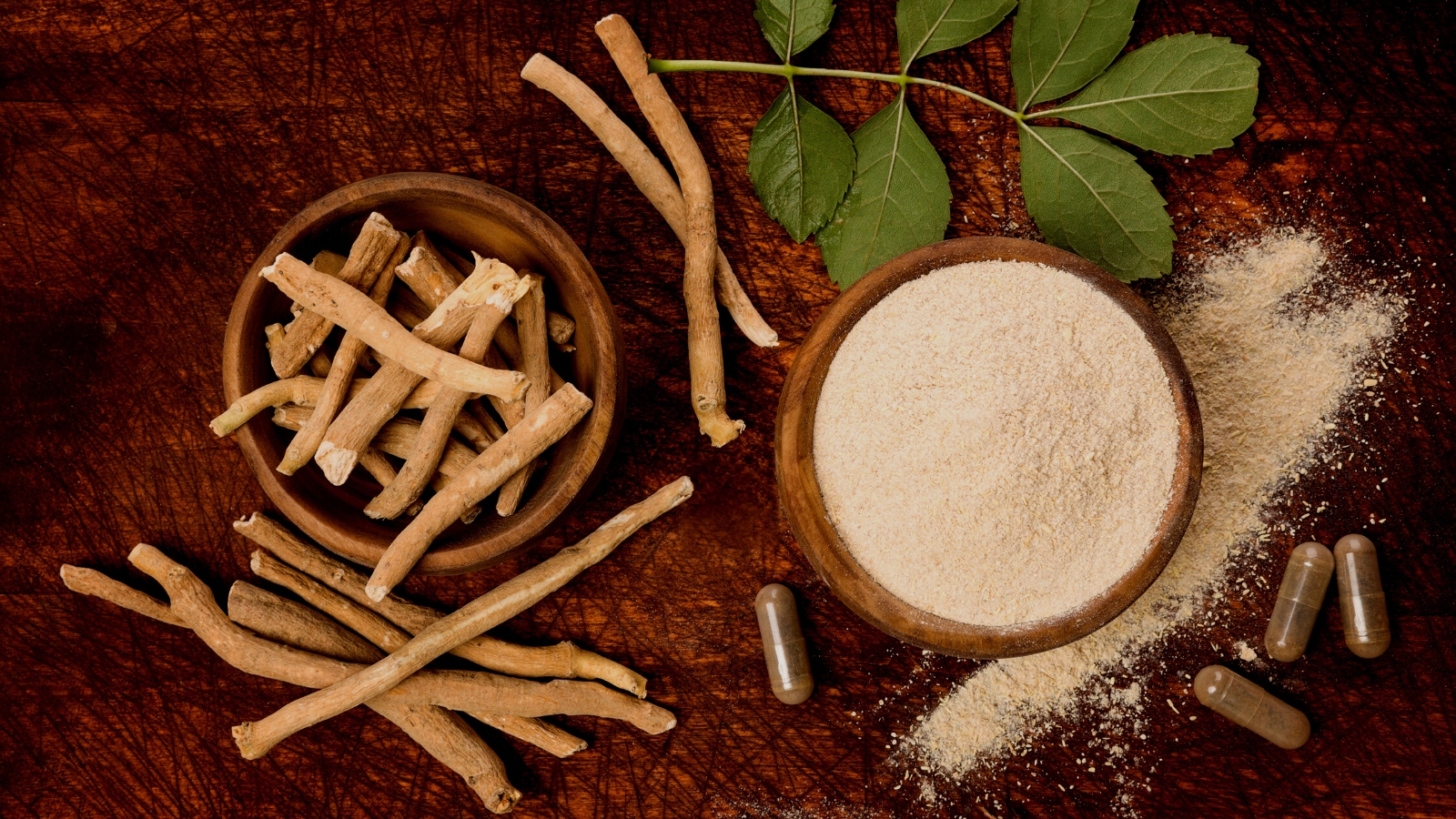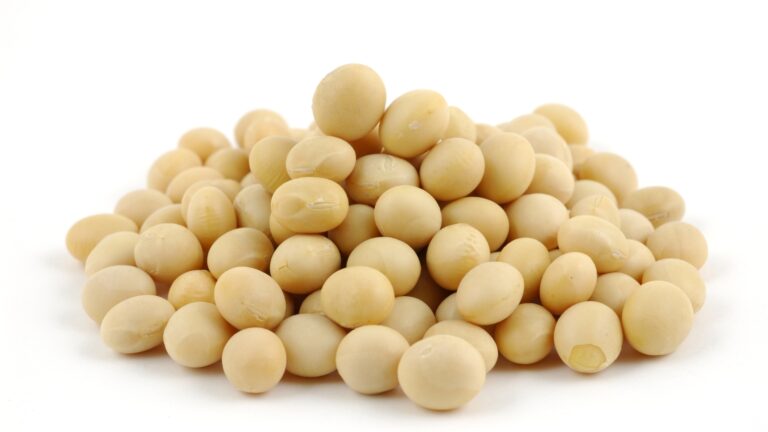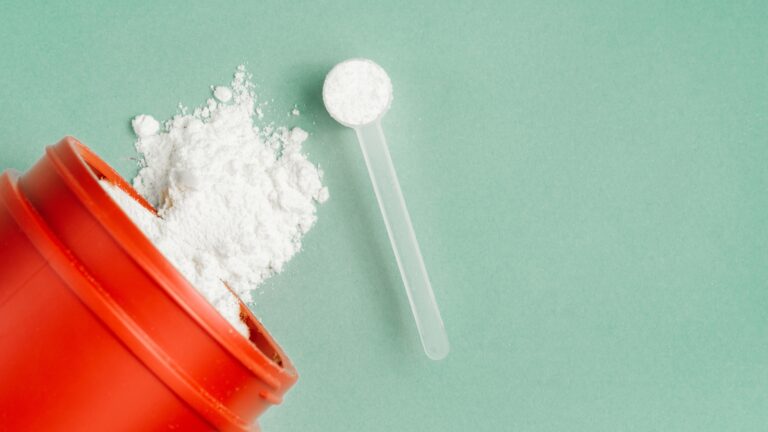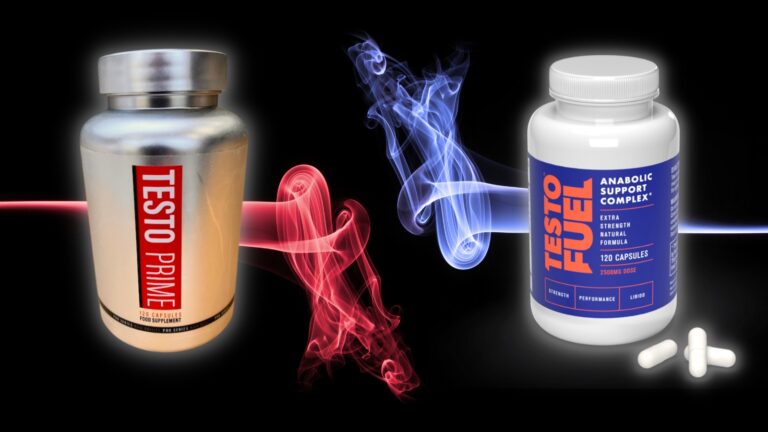Testosterone and women are two words that don’t often sit comfortably together in people’s vocabulary. Many assume that testosterone is a bulky, hairy, aggressive word and hormone that all women must avoid.
Although this isn’t the topic of this article, it’s important I clarify something here: both men and women produce testosterone.
Though it’s much more beneficial for men at optimal levels, women benefit from testosterone too. It can positively impact mood and symptoms of depression, as well as a woman’s sex drive. It can also help with the strengthening of bones, and fat-free muscle mass, creating a strong, lean physique.
But if you’re a woman trying to steer away from an increase in testosterone, you may be avoiding Ashwagandha.
Also known as Indian Winter Cherry or Indian Ginseng, Ashwagandha has been hailed a medicinal gem for at least 3,000 years, from as far back as records began. Considered a Rasayana in Ayurvedan medicine, it’s been relied upon to aid long-lasting health and longevity, healing a heap of ailments along the way.
As the centuries have gone by, we’ve learned more and more about how truly beneficial Ashwagandha is to our health. We now know it to be a potent adaptogen, which is a natural substance that helps the body cope with stress.
Its other headliner roles include improving sexual health and immunity, as well as optimising testosterone levels.
‘Woah, woah, woah,’ I hear you cry! If it helps men with their testosterone levels – and yes, you will find it in many decent natural testosterone boosters – then surely it boosts testosterone?
Well, let’s get that question answered – and if it does boost testosterone, is this a good thing for women?
Can ashwagandha increase testosterone levels in women?
Despite the dazzling health benefits ashwagandha brings, many women hesitate to supplement with it. The link with testosterone creates the belief that by taking it, you’ll develop more body hair, a masculine appearance, or even a deeper voice.
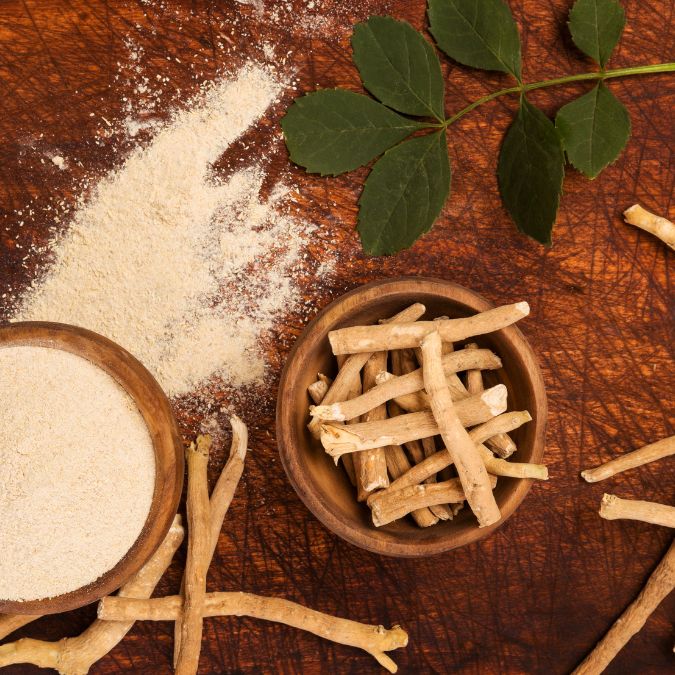
This is a big misconception. Though Ashwagandha has its place in testosterone boosters, it doesn’t boost testosterone per se. Rather, it is an adaptogen. It balances hormones, whether they’re testosterone or oestrogen, meaning it will have different effects on different sexes.
Ashwagandha largely affects the system in our bodies that regulate the creation of hormones – the endocrine system. Ashwagandha works as a hormone balancer here: for men, this will impact testosterone levels; for women, it will balance regulation of oestrogen levels.
So the reason it’s added to a testosterone booster is to support the regulation of a man’s hormone levels – his testosterone. The effects on a woman’s oestrogen levels are supposedly less pronounced, but do work well. In conclusion, Ashwagandha won’t increase the testosterone in a woman’s body – but it will bring some incredible benefits…
What Ashwagandha Can Do For You

Ashwagandha is abundant in plant-based compounds called phytochemicals, and these are what are mostly responsible for a lot of what Ashwagandha can do for you and your wellbeing.
Ashwagandha is an excellent supplement for both men and women, for multiple reasons. Whilst some of these benefits can be enjoyed universally, others will be specific to women.
A very female-specific benefit how that Ashwagandha can help relieve the symptoms of the menopause. It does this by keeping oestrogen levels stable, while also reducing cortisol levels – the stress hormone. With these symptoms alleviated, you’ll have improved blood circulation, a more balanced mood, and stronger overall health.
The balancing effect it has on cortisol levels is advantageous to anybody as a highly effective stress reliever. In fact, this is why I started supplementing with Ashwagandha.
I live an incredibly busy life, and sometimes it all gets a bit too much. I sometimes found the stress of trying to achieve everything I needed to was actually backfiring, and affecting my ability to ‘relax’, think clearly, and do a better job of things.
Since taking Ashwagandha, I feel calmer in my approach to things, making better decisions and ticking those boxes, leaving me with less anxiety.
And I know I’m not the only one who suffers with life’s stresses big and small, that all build up and become overwhelming. Women are roughly twice more likely than men to suffer with anxiety, which makes Ashwagandha just as essential to us females.
Ashwagandha achieves this by mimicking the effects of neurotransmitter GABA. GABA’s job is to reduce excitability of nerve cells, calming your reactions. The GABA mimicking from Ashwagandha is incredible, as it’s been shown to reduce levels of cortisol by as much as 30%.
I genuinely feel this difference. My reaction to something that would usually have me internally panicking is calmer, and more ‘intelligent’ about things. As a result, my mood does improve – my perceptions are better, and this has a positive impact on my wellbeing.
As well as mastering stress, this endocrinal effect from Ashwagandha also helps the health of our thyroids. Underactive thyroids (called Hypothyroidism) are relatively common, especially as we get older.
Thyroid output doesn’t have to be medically low to be challenging, either. Even when only on the low side, it can lead to fatigue, muscular weakness, weight gain, constipation, hair loss, and irregular menstrual cycles – a horrendous concoction of symptoms for women.
Thankfully, Ashwagandha encourages more secretion of the thyroid hormone, balancing the thyroid gland’s function and reversing those symptoms.
For both men and women, Ashwagandha can help improve things in the sexual department. Inhibited libidos can turn into a more heightened sex drive. Reduced arousal levels can become more intense orgasms and overall arousal and satisfaction.
Where vaginal dryness can cause discomfort during sex, Ashwagandha helps improve lubrication. These are wonderful benefits for any woman, which can lead to improved self-confidence, enjoyment, relaxation, and improved relationships.
We’ve seen quite a few life-changing benefits that work within when using Ashwagandha; but it also makes a physical difference, too.
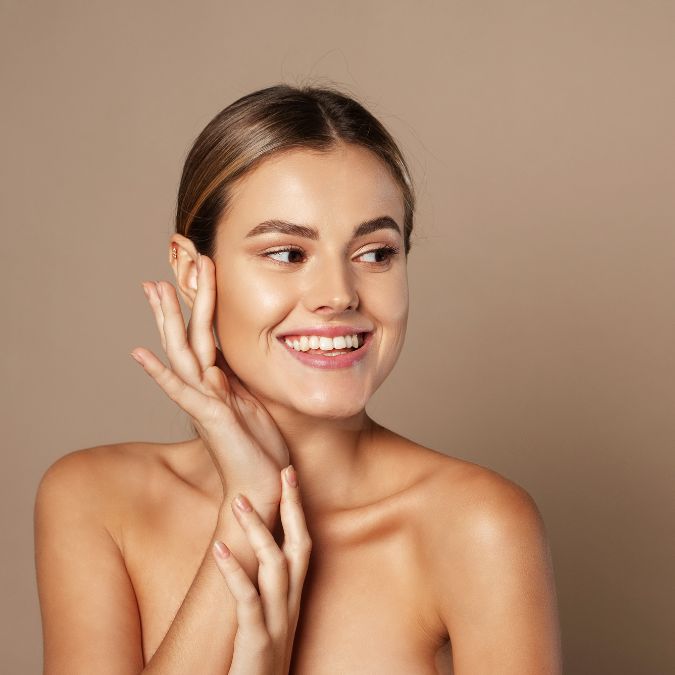
As an anti-inflammatory, antioxidant, antibacterial and antimicrobial compound, Ashwagandha promotes healthier skin a great deal.
Those antioxidant properties work hard at tackling oxidative stress from free radicals, which accelerate the ageing process. You get a healthier, smoother complexion thanks to the anti-inflammatory aspect, whilst the antimicrobial and antibacterial compounds deter skin infections and acne.
I wasn’t expecting this bonus when I started taking Ashwagandha, but noticed the difference within a week of taking it (I take 600mg once a day).
Let’s not forget the skin on your scalp – this feels the difference too, which works wonders for your hair. The tyrosine in Ashwagandha is an amino acid that stimulates the production of Melanin, too – which is the colourant in your hair. Therefore, there’s the theory that you could also prevent premature greying when you take Ashwagandha.
Postnatal hair loss is something some of us women suffer with – I did, around my hairline – and the androgen hormone dehydroepiandrosterone (DHEA) helps with this, stimulating growth.
To top off all these huge benefits, Ashwagandha can also help improve the quality of our sleep. For me, this came as a result of reduced anxiety. I actually am one of the lucky ones who sleeps quite well – but getting to sleep in the first place can be troublesome. Ashwagandha helps with this, and recent studies have shown that it can improve sleep efficiency and quality for patients with insomnia.
What To Watch Out For With Ashwagandha
Your biggest concern is that you’ll develop masculine characteristics by taking Ashwagandha. As we have seen and has been proven, this is not the case.
There are, however, a few things to be careful about. Though it is a natural, safe herbal supplement for most of us, you should seek medical supervision when taking it if any of the following apply:
- Autoimmune conditions: Ashwagandha improves immunity by increasing your white blood count. If you’re taking medication already for this, it can cause problems.
- Pregnant or breastfeeding: Research so far has been inconclusive here, so check with your GP first.
- Hypoglycaemia (low blood sugar) or hypotension (low blood pressure): Ashwagandha can lower both, which will be a good thing for others but if you’re already low, this could of course cause problems.
I’d always, always recommend you speak to your GP before taking any new supplement. Always be safe, not sorry.
The Bottom Line
If you’re a woman considering taking Ashwagandha for its benefits, I highly recommend it (so long as your GP is happy regarding your unique medical status).
Taking it will not start giving your curly hairs on your chest and a deeper voice. Instead, you’ll notice all these life-changing benefits. I’d never not take Ashwagandha now. It’s a wonderful, safe herb that works in our favour in so many ways, no matter your gender.

